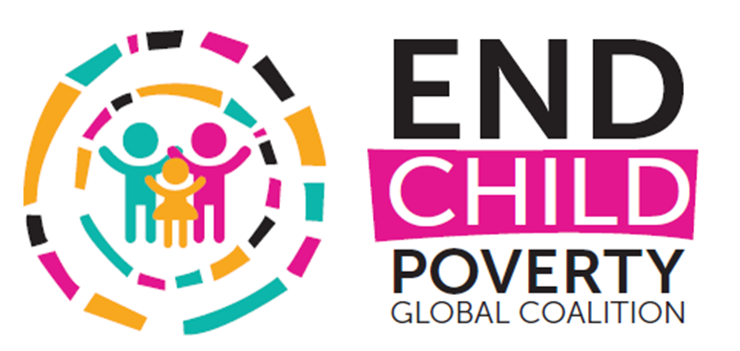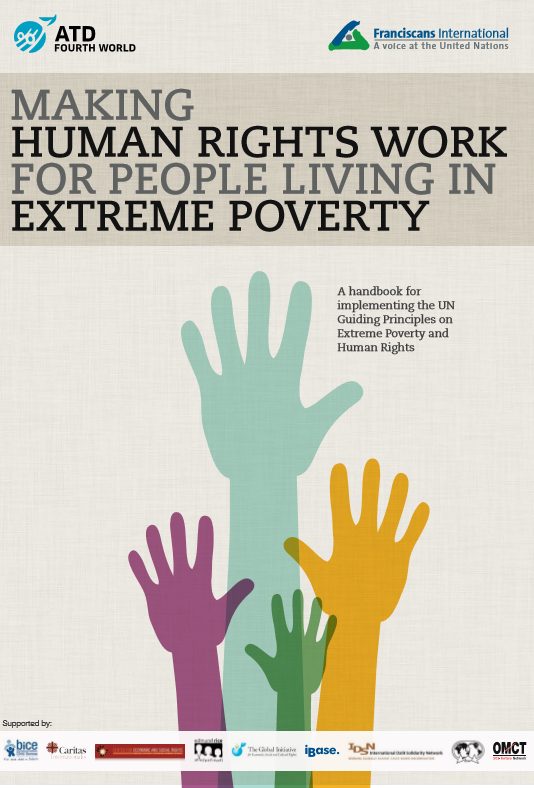Covid-19, the illness caused by the novel coronavirus, is now present in virtually every country on earth. Each at different stages of the pandemic, there is a sense of foreboding that for many, the worst is yet to come. As the number of cases in fragile contexts begins to rise, we are starting to see the impact this will have on the most vulnerable children in all communities across the world.
Poorest Children Paying The Price Of The Climate Crisis
European Child Guarantee can be EU’s answer to child poverty
Five things you should know about social protection for children
Pathways out of poverty: Empowering families in the quest to improve child well-being
How committed are countries to ending child poverty?
What Works for Africa's Poorest
In order to make a difference for the poorest children, policy-makers must first understand what differentiates their lives from those of children who are less poor and why they are particularly hard to reach. This blog explores some of the characteristics of extreme poverty, such as shame and stigmatisation, separation of children from their families, lack of civil registration for several reasons, and lack of access to education and health care.
A handbook for Making human rights work for people living in extreme poverty
What are you doing to set youth free from the jar?
Time for universal child grants? 6 issues to consider
Expanding cash transfers for children could offer a way to achieving the SDG goals of eradicating extreme child poverty and halving multidimensional child poverty. But does a universal cash grant (UCG), offer an effective way of getting there?
Here are six areas and some key questions that we need to understand better.
2018 Global Poverty Figures
Using Technology to Promote Youth Employment
"WE MUST ACT NOW: The Children Living in Poverty Cannot Wait"
Poverty Is Also a Psychosocial Problem
Around the world, the shame felt by those enduring extreme economic hardship can become a trap. Only when policymakers grasp that dignity and self-respect are prerequisites in the struggle against privation – rather than outcomes of its alleviation – will the world have a fighting chance to eradicate poverty in all its forms. Read Keetie Roelen's blog.
Reflections from 'Putting Children First'
Fighting Child-poverty multidimensionally: A Headline and a Toolbox
In this blog Christian Oldiges of OPHI reflects on one of the many discussion points of the "Putting Children First" conference, that of the basic but important principle that child poverty is multidimensional in nature. Drawing on real world examples of how governments can easily apply the Alkire-Foster (AF) method to identify multidimensionally poor children and compute Child Multidimensional Poverty Indices (C-MPIs) to guide policy making
What do mobile phones have to do with youth employment in Africa?
Talking with unemployed young people in Africa about their efforts to find work is often dispiriting; sometimes it is heart-rending. A quest for good (or any) employment features strongly in so many young peoples’ stories. But is the ‘mobile phone’ turning this quest around?
Blog by Professor Gina Porter




















